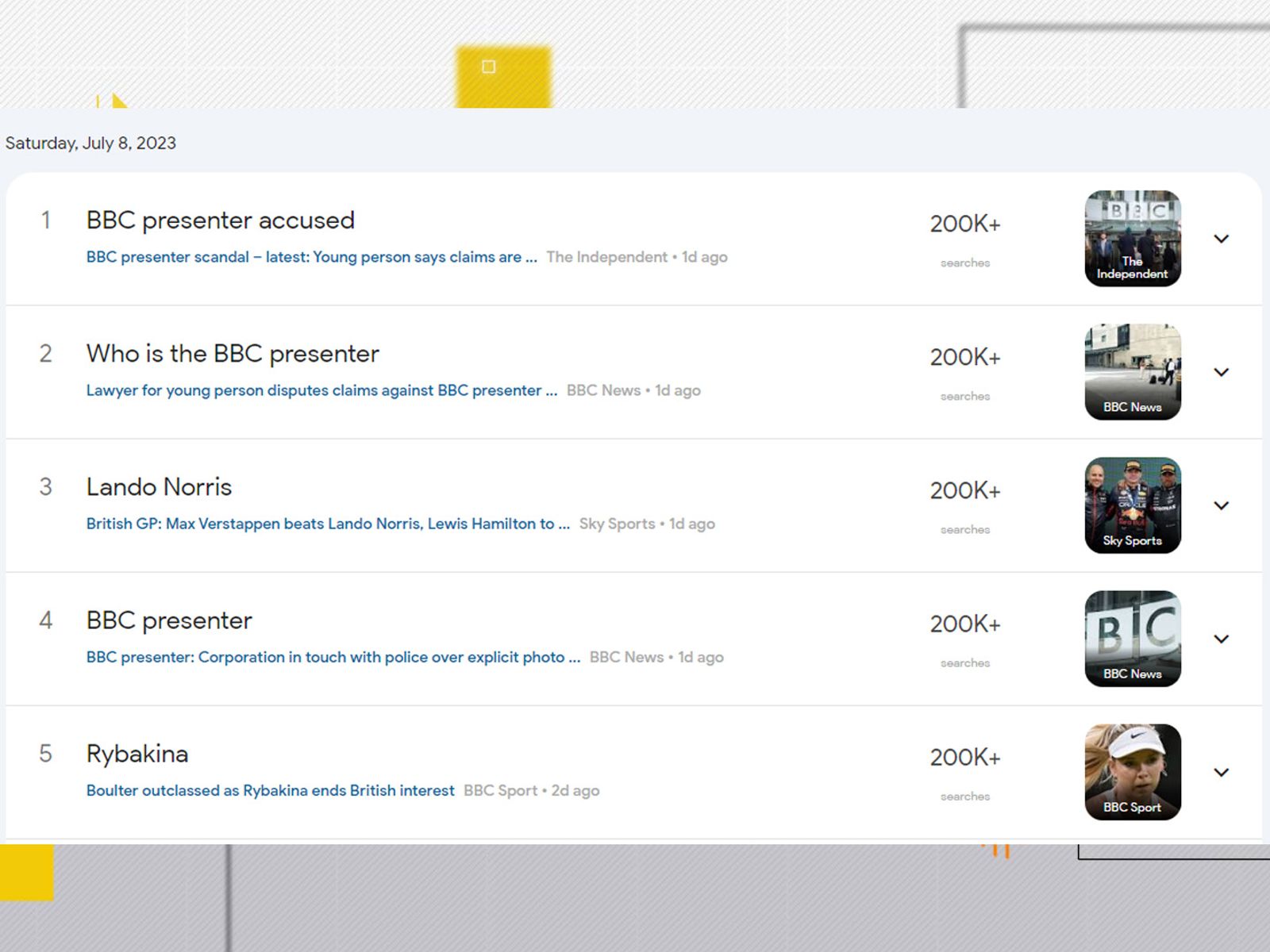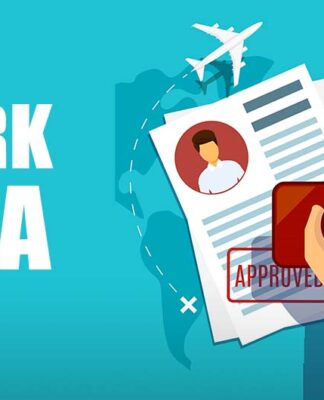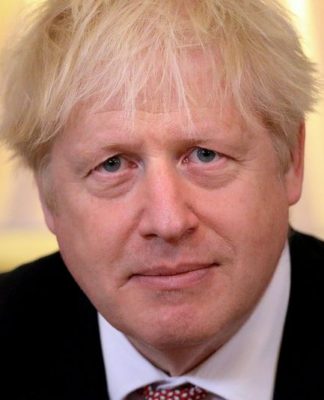Analysis
BBC presenter scandal: How social media has collided with privacy and defamation laws
Data gathered by Sky News shows how speculation around the identity of a BBC presenter at the centre of a complaint surged on social media but not in Google searches.
By Sanya Burgess and Victoria Elms, digital investigation journalists
Tuesday 11 July 2023 20:26, UK
Listen to this article
0:00 / 6:23
1X
BeyondWords
Audio created using AI assistance
Sky News' data and forensics correspondent Tom Cheshire has a look at the impact the allegations against the BBC presenter have been having online – and search traffic reveals there is huge public interest in the story2:17
Play Video – Online impact of BBC allegations
Online impact of BBC allegations
Why you can trust Sky News
The two most popular hashtags relating to allegations against a BBC presenter have been posted almost 45,000 times on Twitter since Friday.
Sky News has analysed data that shows the scale of discussion on Twitter and TikTok around the claims.
The volume of posts raises questions over how effective privacy and defamation laws are in the social media era, with experts telling Sky News it reveals a lack of public understanding of the consequences of sharing false claims about individuals online.
BBC presenter latest: New claims against presenter
On Friday, The Sun newspaper published allegations that the unnamed presenter paid a teenager thousands of pounds for sexually explicit photos.
The claims were made by the mother of the young person, who is now aged 20.
In the days since, two hashtags have been used frequently by people discussing the case online.
One hashtag has been posted on Twitter more than 32,700 times and the other 12,000 times, from 7 July to Tuesday morning, according to data gathered by Sky News from Talkwalker, a social listening platform.
The posts all came from accounts belonging to people in the UK.
Content using the same two hashtags have been viewed around six million times on TikTok over the past seven days, according to the platform’s own insights dashboard.
Both social media platforms have been rife with speculation and a number of names are being openly discussed. This prompted some BBC presenters to issue public denials that they are the subject of the complaint.
BBC 5 Live presenter Nicky Campbell shared a screenshot of a report to the Metropolitan Police after what he said was a “distressing weekend”, during which he had been falsely accused by social media users of being involved in the scandal.
Gary Lineker, Rylan Clark and Jeremy Vine also took to Twitter to refute the false allegations about them online.
“I won’t sit back and have my name attached to something that has nothing to do with me,” Clark wrote.
Sky News has been monitoring trending names on social media and has analysed the amount of posts that mention individuals. Names of people who have not publicly commented have been redacted.
Content mentioning the same presenters has been viewed 9.5 million times collectively on TikTok over the past seven days, which means it also includes content from before the allegation was published on Friday.
On Monday, a letter from a lawyer representing the young person rejected claims that anything “inappropriate or unlawful” took place between the young person and unnamed presenter, according to the BBC.
It said the young person sent a denial to The Sun newspaper on Friday evening, but the story was published anyway.
Sky News also looked at to what extent the public were searching Google for information about the case.
Three of the top five searches on Google in the UK on Saturday related to the scandal, with more than 600,000 searches all together.
Searches peaked on Sunday, with “BBC presenter” as the number one search term in the UK on Google on Sunday. It has been searched for more than a million times.
However, Google search data suggests that searches for the names of individual BBC presenters did not surge when compared with other popular search periods over the past 3 months. However, the number of searches for certain names did see an increase in the days since the story was published.
Social media expert Matt Navarra believes this is likely because users understand that searches will only return information already being reported by mainstream media – so take to social media for answers instead.
“News publishers will be very aware of the risks of naming any individual without it being backed up with substantial evidence and justification for doing so,” he told Sky News.
“Users are aware that, actually, the places to go to find out the identity of this individual are the usual haunts for this sort of discussion, which will be somewhere like Twitter or TikTok,” he said.
“People have become accustomed to that being the best place to go to seek out that sort of information, rightly or wrongly.”
He added that he was not surprised that so much discussion around the case was happening on Twitter. Mr Navarra said an emphasis on free speech, combined with staff cuts at the platform under current owner Elon Musk, may be contributing to the scale of potentially defamatory comments and breaches of privacy laws.
Read more:
Why hasn’t the BBC presenter been named publicly?
Scandal is sleazy – but at the heart of this a family is suffering
Media lawyer Matthew Gill told Sky News that a lack of public understanding regarding the potentially severe legal ramifications of defaming individuals online is also a factor.
“A lot of people think it’s a bit of fun when, actually, there can be really serious consequences,” he said.
“They’re serious allegations that are being thrown around and by claiming that someone is involved, you are really harming their reputation and you could be liable for that damage.”
Mr Gill added that there has been a significant number of libel cases from allegations made on Twitter in recent years, including a case which saw food blogger Jack Monroe sue the right-wing commentator Katie Hopkins after false allegations were posted about her online.
“It’s really difficult to manage because we do want to live in a society where people can speak freely and speak their minds. But we need to make people more aware of the consequences of defaming people,” he told Sky News.
Sky News attempted to contact Twitter’s press office in relation to this article. The company did not reply, only sending an automatic email containing a poo emoji in response, which is the current default reply to all messages to the press office.
TikTok did not respond to a request for comment.
The Data and Forensics team is a multi-skilled unit dedicated to providing transparent journalism from Sky News. We gather, analyse and visualise data to tell data-driven stories. We combine traditional reporting skills with advanced analysis of satellite images, social media and other open source information. Through multimedia storytelling we aim to better explain the world while also showing how our journalism is done.
Related Topics
BBC
Data And Forensics






























